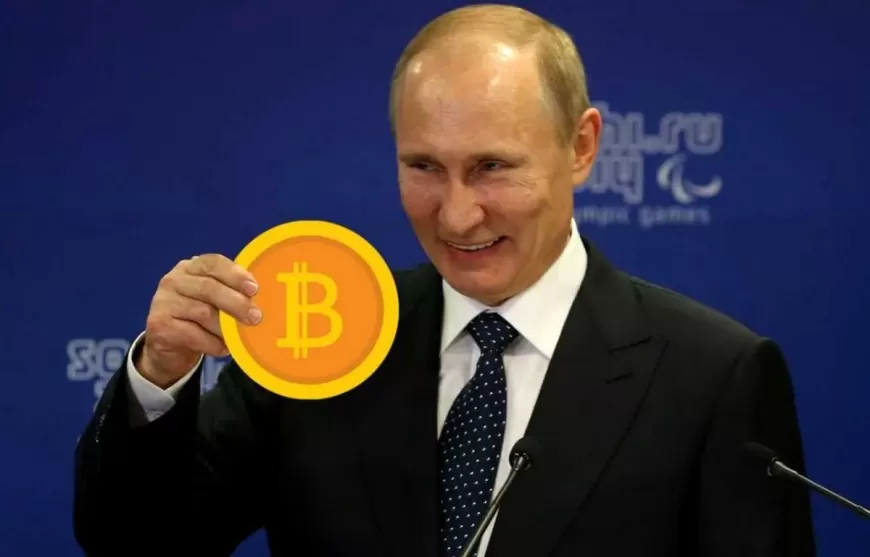Russia Uses Bitcoin for Trade to Counter Sanctions
Russia is now using bitcoin and other cryptocurrencies for international trade to overcome Western sanctions.

Russia has adopted bitcoin and other cryptocurrencies for international trade to mitigate the impact of Western sanctions. Finance Minister Anton Siluanov confirmed on Wednesday that legislative changes now permit Russian businesses to use digital currencies for foreign transactions, providing an alternative to conventional banking systems.
The move comes as sanctions complicate trade with major partners like China and Turkey, where banks are reluctant to process Russia-related payments due to fears of Western scrutiny. By integrating cryptocurrency into its trade framework, Russia aims to bypass these obstacles and maintain vital economic exchanges.
Domestic Bitcoin Mining Powers Trade Expansion
Russia, a global leader in bitcoin mining, is utilizing its domestic resources to fuel this new trade mechanism. Siluanov noted that bitcoin mined within Russia is already being used in foreign trade deals.
“As part of this experimental framework, we are enabling the use of bitcoin mined in Russia for international transactions,” Siluanov said during an interview on Russia 24. “This approach is operational now, and we anticipate further development in the coming year.”
The focus on locally mined bitcoin underscores Russia’s strategy to capitalize on its technological and natural resources to counter economic isolation.
Putin Criticizes Dollar Dependency, Backs Digital Assets
President Vladimir Putin recently criticized the United States for politicizing the dollar, claiming it undermines the currency’s role as a global reserve asset. He pointed to bitcoin and other digital currencies as viable alternatives, highlighting their decentralized nature as a key advantage in navigating geopolitical tensions.
“No one can regulate bitcoin globally,” Putin stated, signaling his support for expanding cryptocurrency use in Russia’s economic activities. His comments reflect a broader push to reduce dependency on traditional financial systems dominated by Western powers.
Potential Ripple Effects on Global Trade
Russia’s adoption of bitcoin in trade could set a precedent for other nations facing similar restrictions. Cryptocurrencies offer a decentralized and less politically influenced means of conducting cross-border transactions, which may appeal to countries seeking greater financial independence.
This shift also raises important questions about the evolving landscape of global commerce. As more countries explore the use of digital currencies, the dominance of traditional payment systems may face increasing challenges.
What This Means for Businesses and Individuals
For businesses, especially those operating internationally, Russia’s move illustrates the growing utility of cryptocurrencies as tools for trade. Companies looking to future-proof their operations might consider adopting or investing in cryptocurrency capabilities.
For individuals, this development highlights the importance of staying informed about digital currencies and their role in reshaping the global economy. As adoption grows, understanding the risks, benefits, and regulatory environment around cryptocurrencies will be crucial.
By embracing bitcoin for trade, Russia is not only countering sanctions but also positioning itself at the forefront of a potential financial revolution. Whether this becomes a global trend depends on how other nations and industries respond to the rise of decentralized digital assets.
Also Read: U.S. Imposes Sanctions on Cryptocurrency Exchange Network Tied to Russian Cybercrime































































